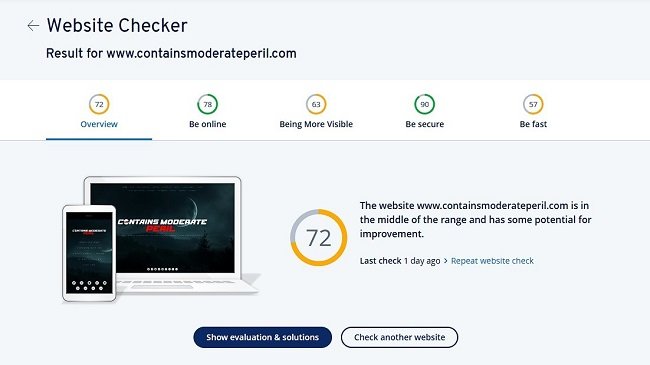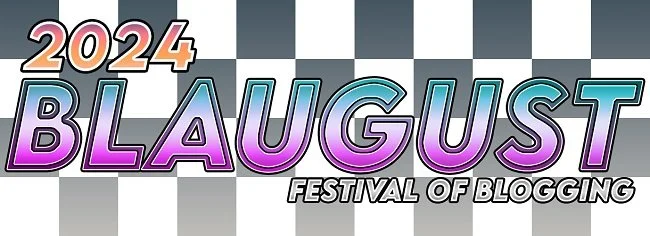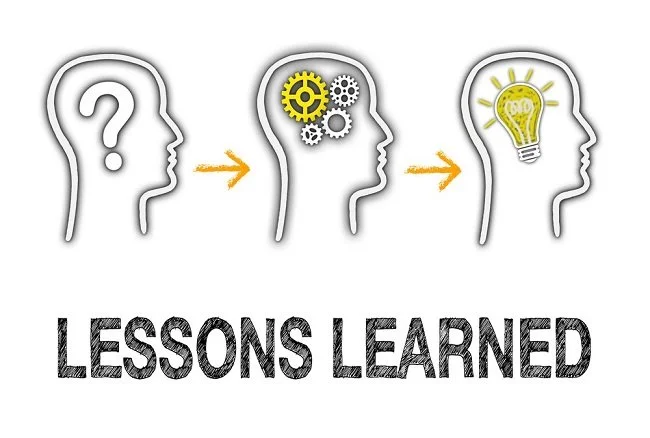Knowing Your Audience
Whenever blogging is discussed, sooner or later the subject of readers and audiences raises its head. Blogging is a two way street and although I appreciate that writing exclusively for ones self can be of great theraputic value, I don’t believe that is why most of us do it. We write to communicate, share ideas and express ourselves. Blogging is also about creating or becoming part of a community. However, as ever with such discussions, you will find that a lot of the opinions aired are very subjective and pertinent to the individual blogger’s own experience. However, there are also some common-sense points that are universal to all writers, irrespective their individual style and position on the subject. So, I thought it would be useful to address the subject of "knowing your audience. Because having clear ideas about how you write and for whom, can make your writing a lot easier and far more satisfying.
I remember a particularly heated discussion I had back in 2012, with a group of other bloggers, that centred around writing styles. The reason I mention it is because it's directly related to your audience. In fact, the manner in which you express yourself is often a contributory factor to attracting and retaining readers. Some people feel that a blog writing style has to be functional and accessible to as broad a group of readers as possible. Complex language and style should be avoided. This approach is fine if your content is as equally functional. I see the sense in writing guides, instructions and walkthroughs in this idiom. However, I believe that for more personal opinion pieces and critical analysis, writers should pursue a more personal form of expression. If that means writing to a higher literary standard or assuming a specific benchmark of knowledge from your redaers, then that is your perrogative.
It stands to reason that if you actively pursue as broad an audience as possible, then you similarly need to write in such terms. Although I personally dislike the Flesch–Kincaid readability tests, if you are trying to make your writing accessible, then keeping it within their specific parameters will be beneficial. Yet not everyone wishes to do so, preferring to write primarily for themselves or for their assumed peers. You may well find that doing so will mean your work will only appeal to a smaller readership, but if that suits your requirements, then so be it. Newspapers adopt a similar approach, opting to target specific markets and demographic groups. I think this naturally occurs within the blogging community as well. Your linguistic style and pitch is driven by your personal relationship with language and communication. Like any other aspect of your personality, your writing will attract or deter others. However, writing has the benefit of being a skill that can be adjusted and refined. It is something you can experiment with which is an invaluable tool in getting to know your readers likes and dislikes.
I have written in the past about not obsessing over your websites statistics and traffic, but it can be a useful means to conduct market research, if used in moderation. Since Contains Moderate Peril has moved over to Squarespace as a host, there has been a significant increase in the quality of data that I have access to. The statistics and numbers come directly from the back end of the site and not a third party. Therefore, I have a very good handle on what posts and subjects prove to be popular, where traffic comes from globally and what key words and search terms bring new readers to the site. Although this data is not the complete picture with regard to what the readership likes and dislikes it can provide a useful insight. Can the same thing be said about the comments left on your blog? I'm not quite so sure. Comments are often left by regular and enthusiastic readers or those who have strong opinions that have been antagonised. The majority of your readership, although duly appreciative of your work, seldom leave any sort of feedback. I therefore tend to consider blog post comments in a similar way as I do forums. They come from the opposite ends of the audience spectrum and not from the middle ground. As such they are not such a reliable litmus test.
I think one of the most pertinent points to consider about writing styles is how your readership react to you personally. Through the course of your writing you can choose to reveal personal information and attempt to build a more intimate rapport with your audience. There is also the option of developing a specific online persona if you see fit, although this can be a double-edged sword. Personally, I favour the middle path. I do provide glimpses of my own personality through my writing but elect not to bare my soul, being a somewhat reserved individual by nature. I am more interested in well considered discussions rather than the cult of personality. However, there is no definitive option in this respect and you need to do what is right for you. Do not under estimate the human side of writing. Readers do form a curious bond with the writers they enjoy. I visit several blogs daily, not because I am always enthralled by all the subjects they cover, but because I appreciate the way they write and express themselves. Enthusiasm, reasoned analysis and critical thinking can be very entertaining. There are some writers who I admire purely for their positive mindset and upbeat attitude. There’s also someone I read, whose world view and personal philosophy is the polar opposite of mine. Yet, I am sufficiently curious check their work each week.
I think that after writing for a while, most bloggers get a sense of who their core audience is. Common sense and intuition have a part to play in this. However, this can be both a boon and a bane. Becoming an established and known quantity has its benefits. Yet it can be constraining. If you have clearly established the parameters of your blog then sometimes straying away from these may cost you readers, as will the occasional strong point of view. However, doing something different may also attract you new readers and allow you to tap into an alternative audience. It remains up to you as to what decisions you make and how you deal with the potential consequences of them. Like most things associated with blogging it is a continuous learning process. My advice is to strive to be true to yourself, maintain a standard and see where it leads you. Also don’t take your audience for granted. Never forget that writing and posting your work online does not entitle you to a readership. It has to be earned.




























